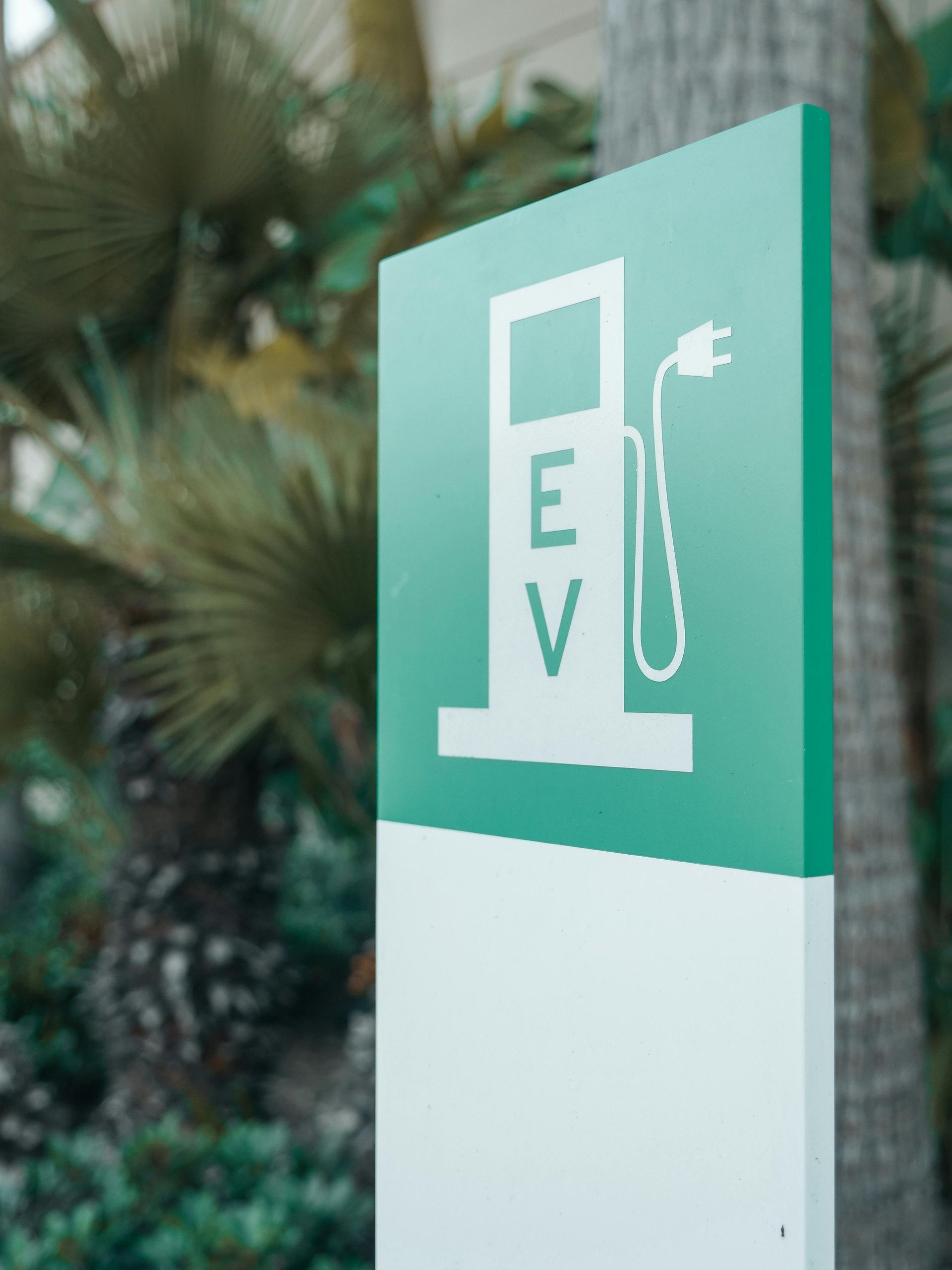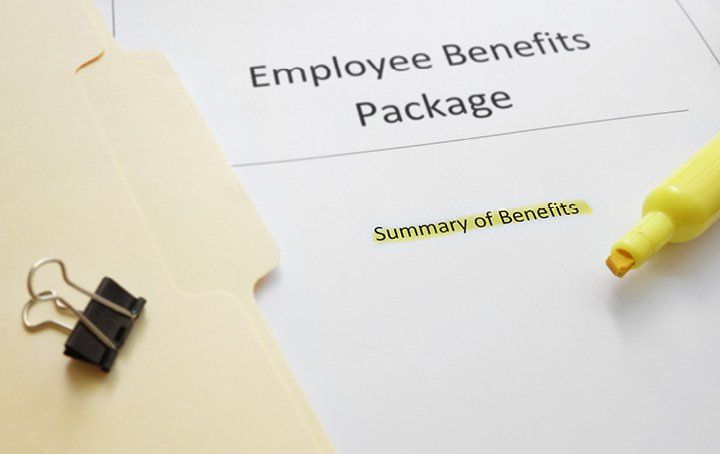FBT 2025: Exemption for electric cars

The Fringe Benefits Tax (FBT) year ends on 31 March 2025. We’ve outlined the hot spots for employers and employees.
Employers that provide employees with the use of eligible electric vehicles (EVs) can potentially qualify for an FBT exemption. This should normally be the case where:
• The car is a zero or low emission vehicle (battery electric, hydrogen fuel cell or plug-in hybrid electric);
• The car is both first held and used on or after 1 July 2022; and
• The value of the car is below the luxury car tax threshold for fuel efficient vehicles (which is $89,332 for 2024-25 financial year).
Plug-in hybrid vehicles no longer FBT exempt
From 1 April 2025, plug-in hybrid electric vehicles will no longer qualify for the FBT exemption unless:
• The use of the vehicle was exempt before 1 April 2025, and
• There is a financially binding commitment to continue providing private use of the vehicle on and after 1 April 2025.
If there is a break or change to that commitment on or after 1 April 2025 then the exemption normally won’t be available any more.
Working with the exemption
Even if the FBT exemption applies, your business will still need to work out the taxable value of the benefit as if the FBT exemption didn’t apply. This is because the value of the exempt benefit is still taken into account when calculating the reportable fringe benefits amount of the employee. While income tax is not paid on this amount, it can impact the employee in a range of areas (such as the Medicare levy surcharge, private health insurance rebate, employee share scheme reduction, and social security payments).
This means the employee’s own home electricity costs incurred on charging the electric vehicle will often need to be worked out. This figure can generally be treated as an employee contribution to reduce the value of the benefit.
While this can be practically difficult to determine, the ATO has issued some guidelines that provide a 4.20 cent per km shortcut rate that can potentially help with the calculation. These guidelines do not apply to plug-in hybrid vehicles.
Many electric vehicles are also packaged together with electric charging stations. Just be aware that the FBT exemption for electric cars does not extend to charging stations provided at the employee’s home.
Need Help with your Business, Bookkeeping, Tax or SMSF requirements?
If you would like a little help, please get in touch with us for assistance. We can help with your business, bookkeeping, tax and SMSF requirements.
Please also note that many of the comments in this publication are general in nature and anyone intending to apply the information to practical circumstances should seek professional advice to independently verify their interpretation and the information’s applicability to their particular circumstances. Should you have any further questions, please get in touch with us for assistance with your SMSF, business, bookkeeping and tax requirements. All rights reserved. Brought to you by RGA Business and Tax Accountants. Liability Limited by a scheme approved under Professional Standards Legislation.















